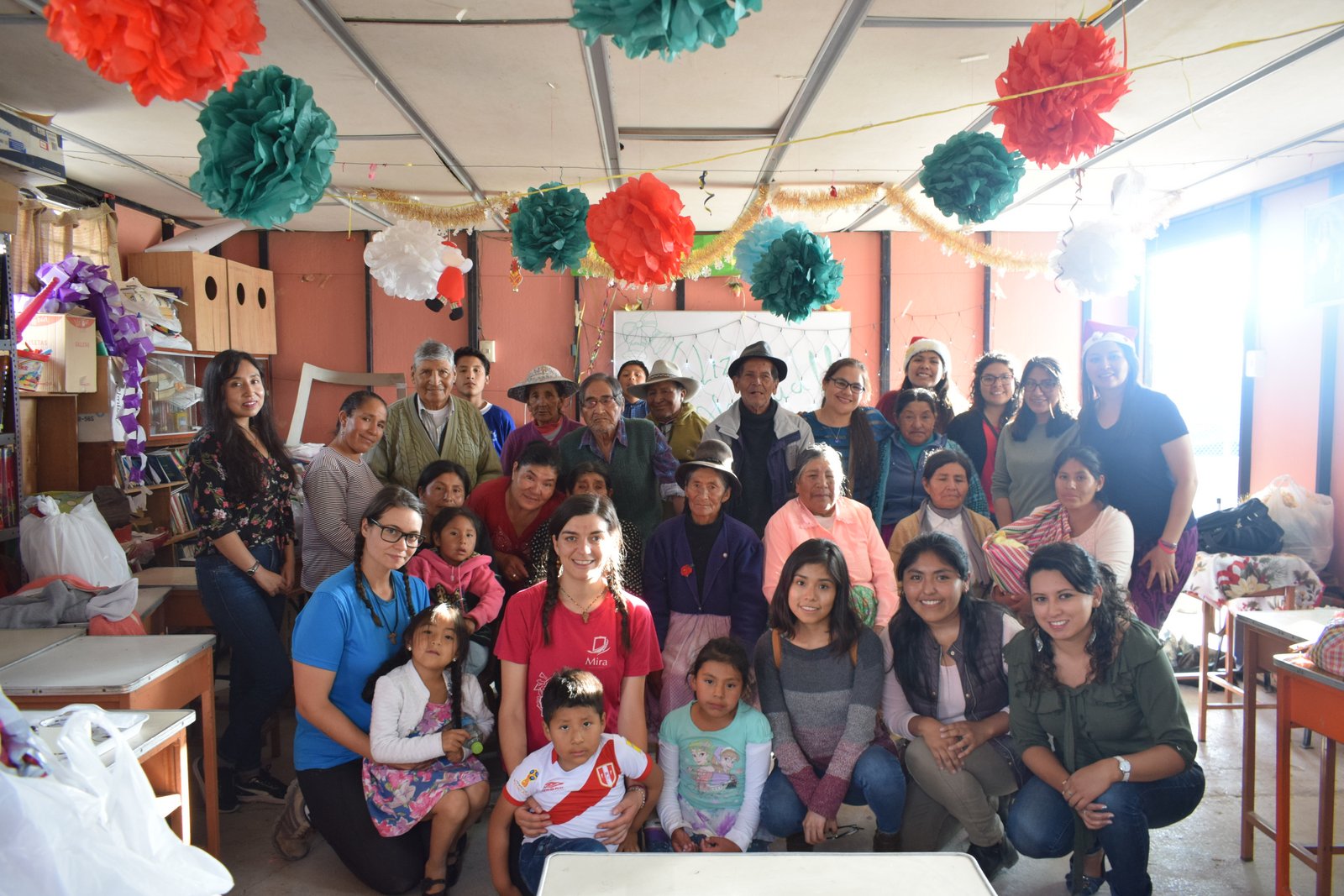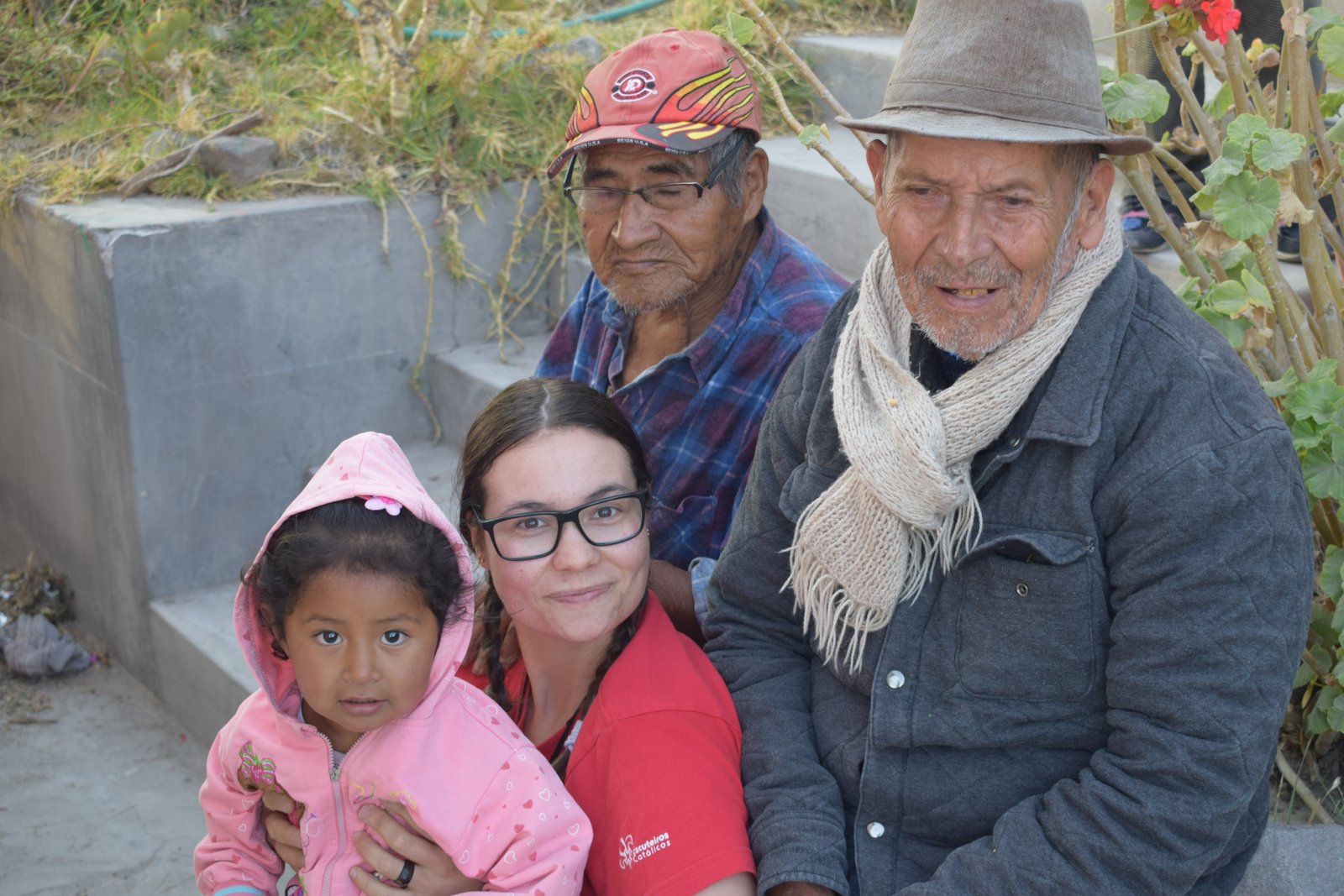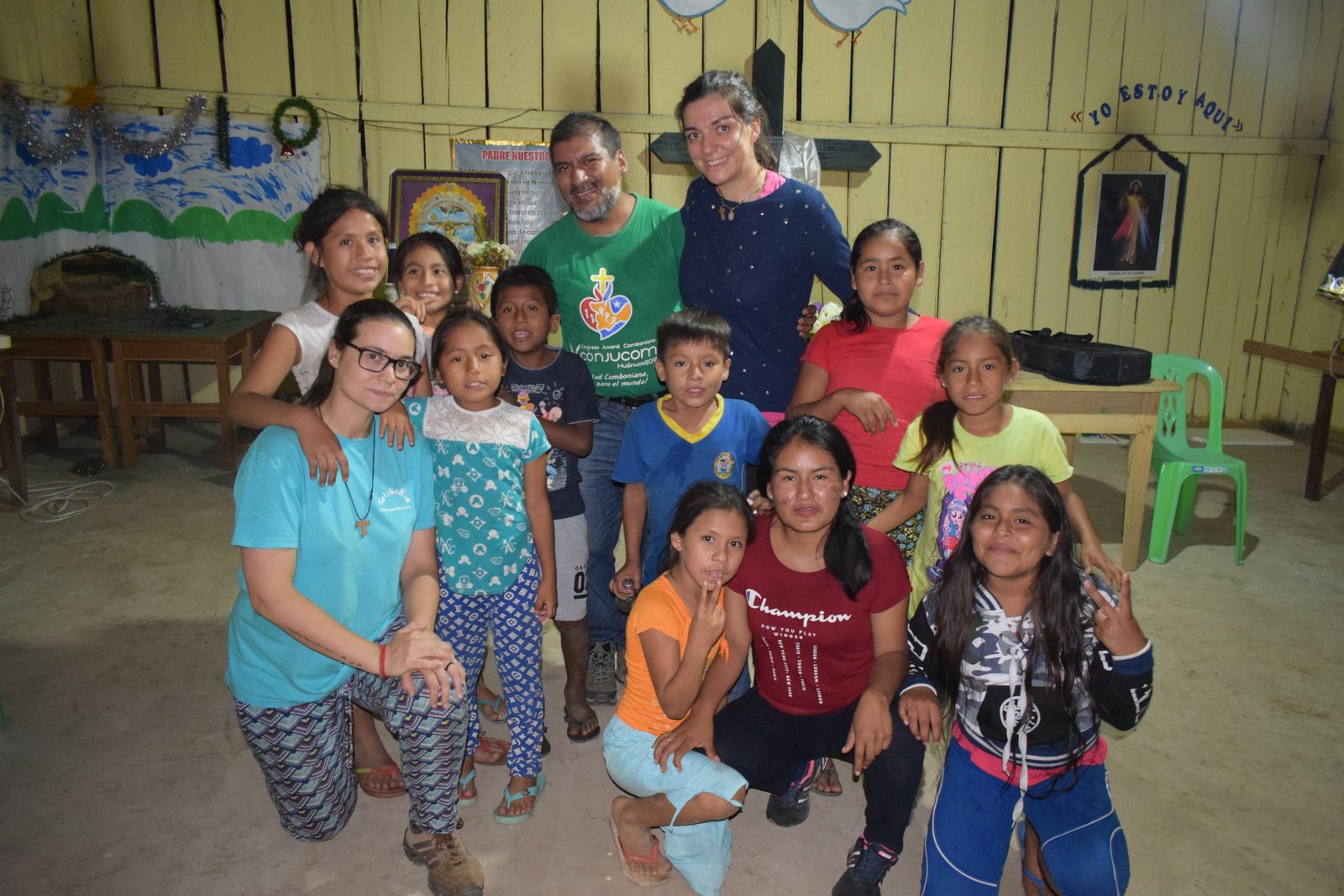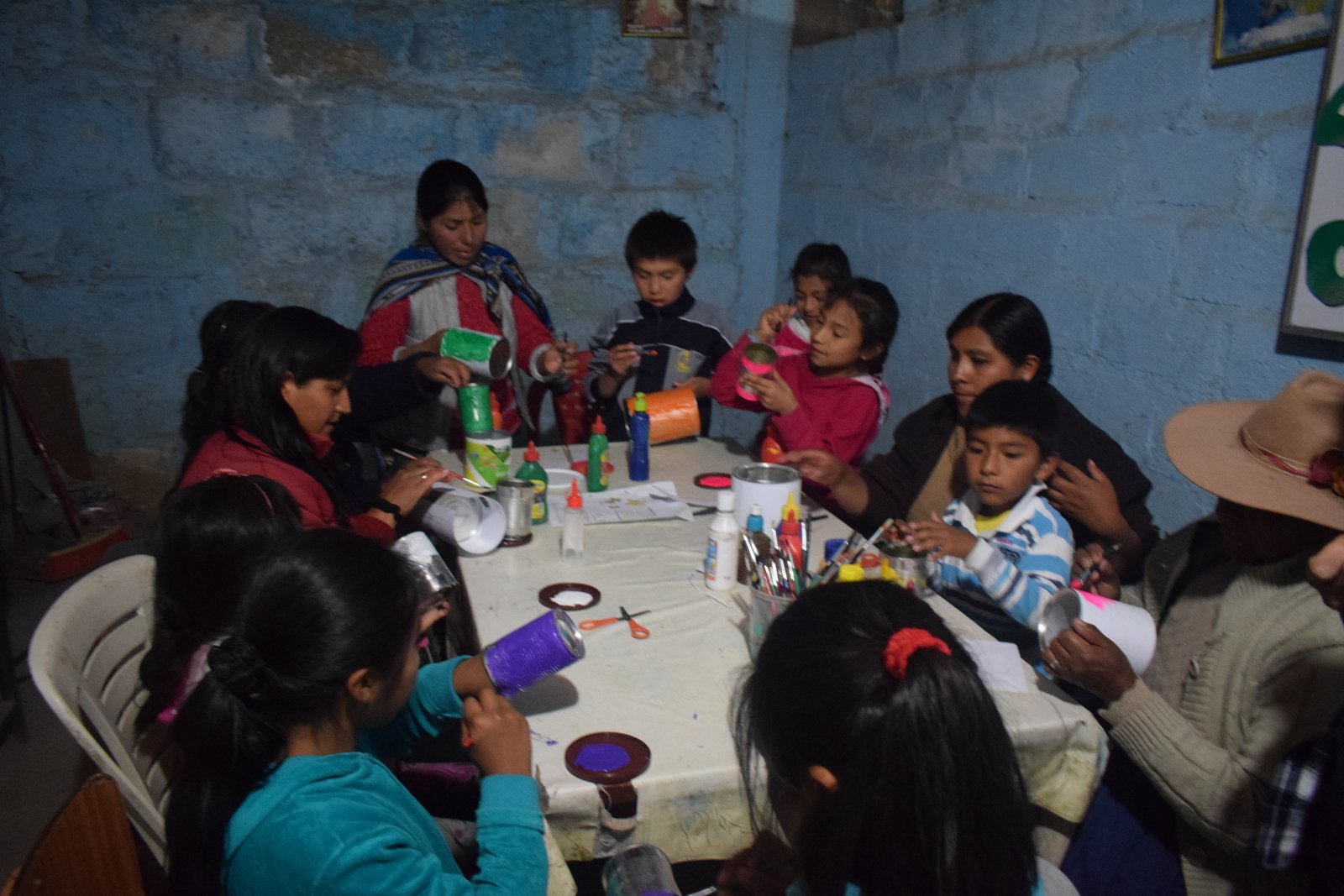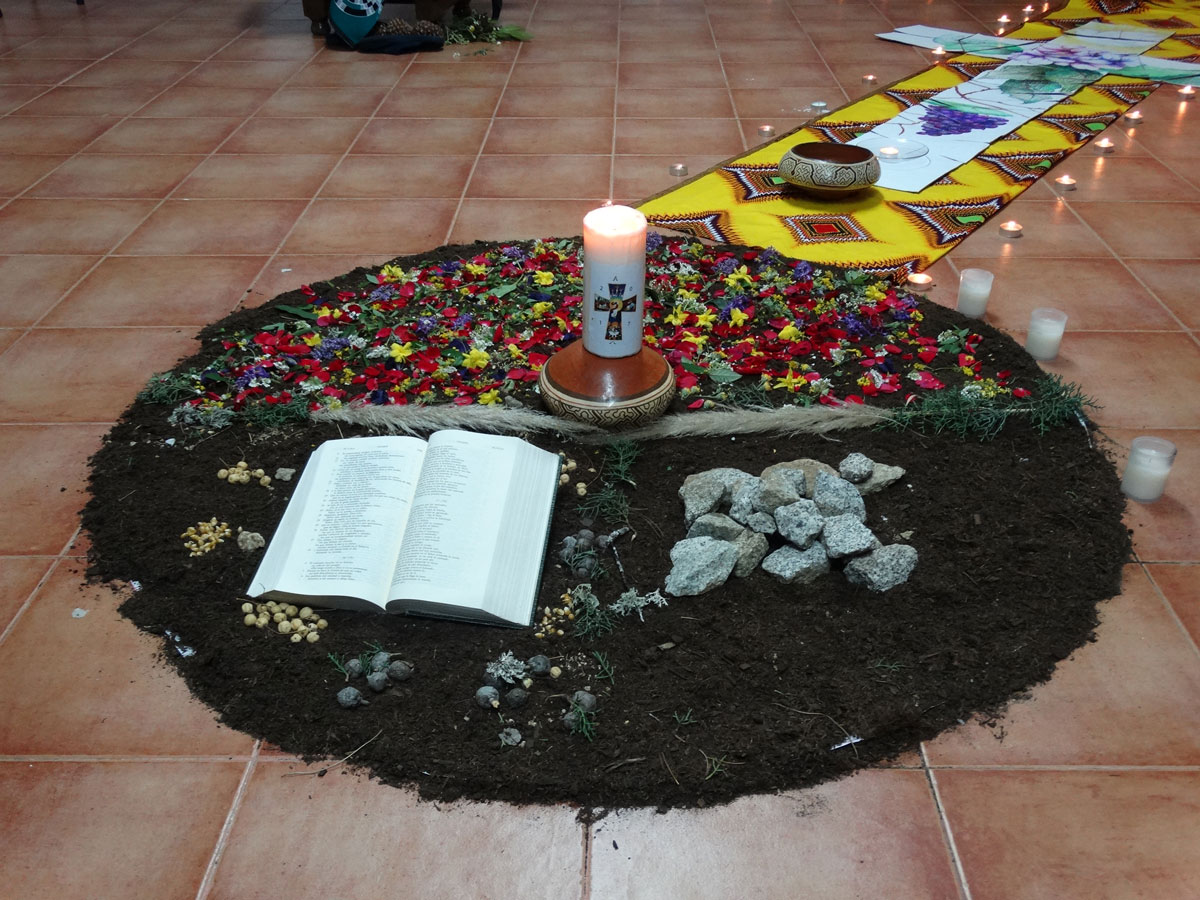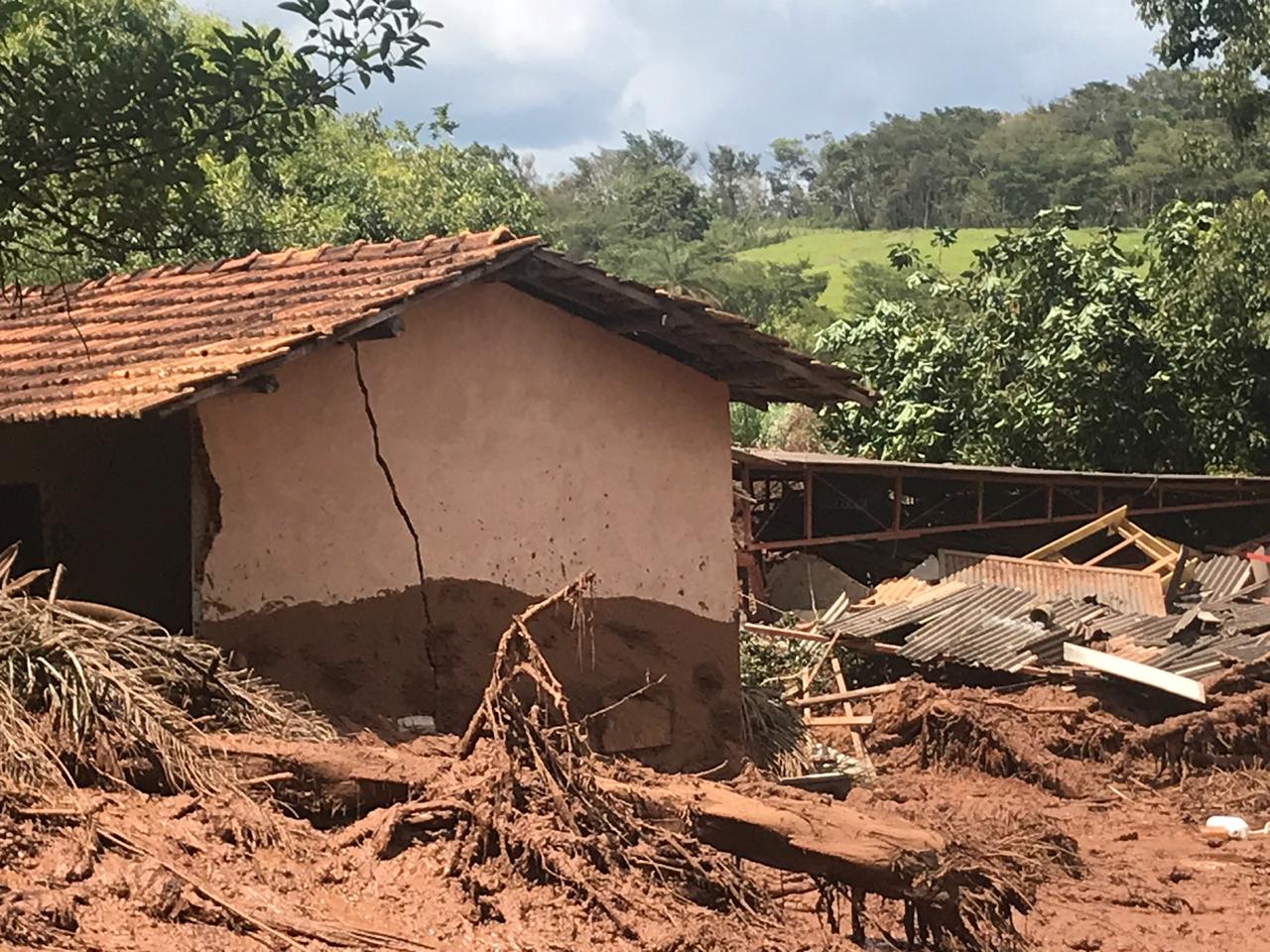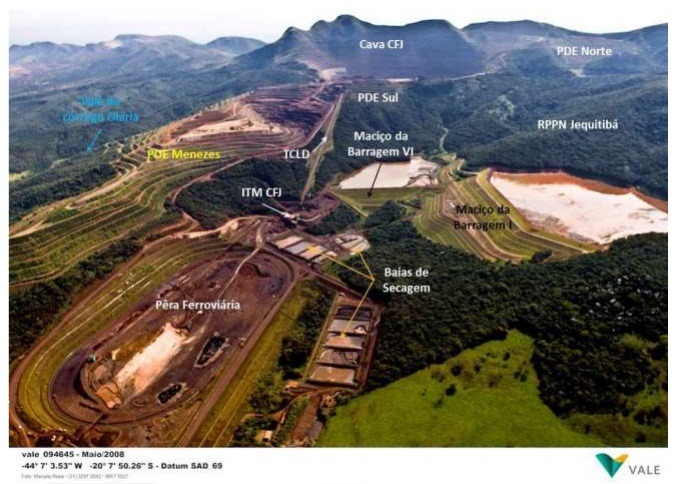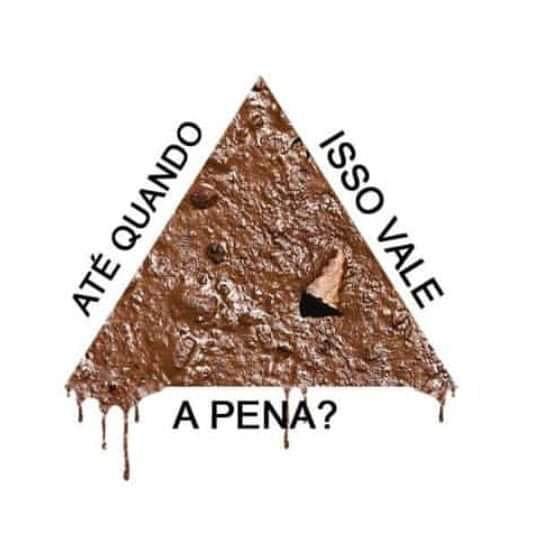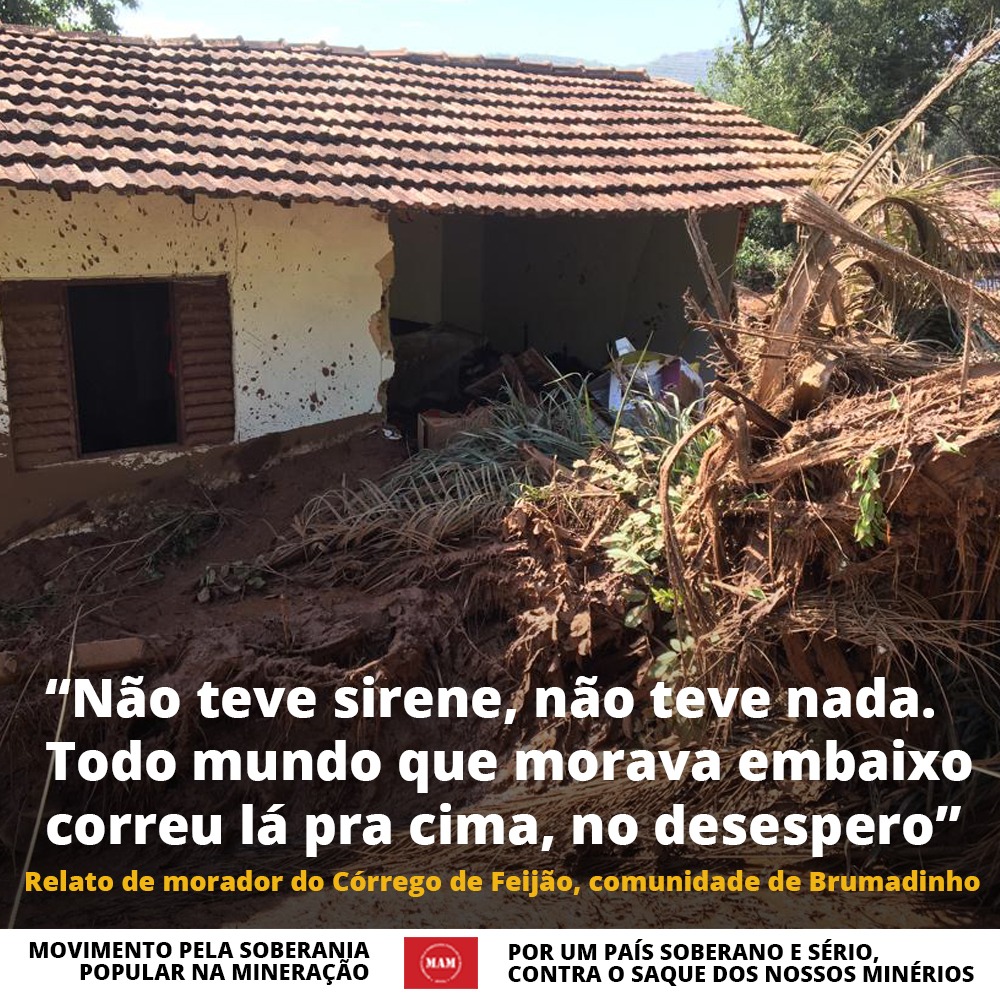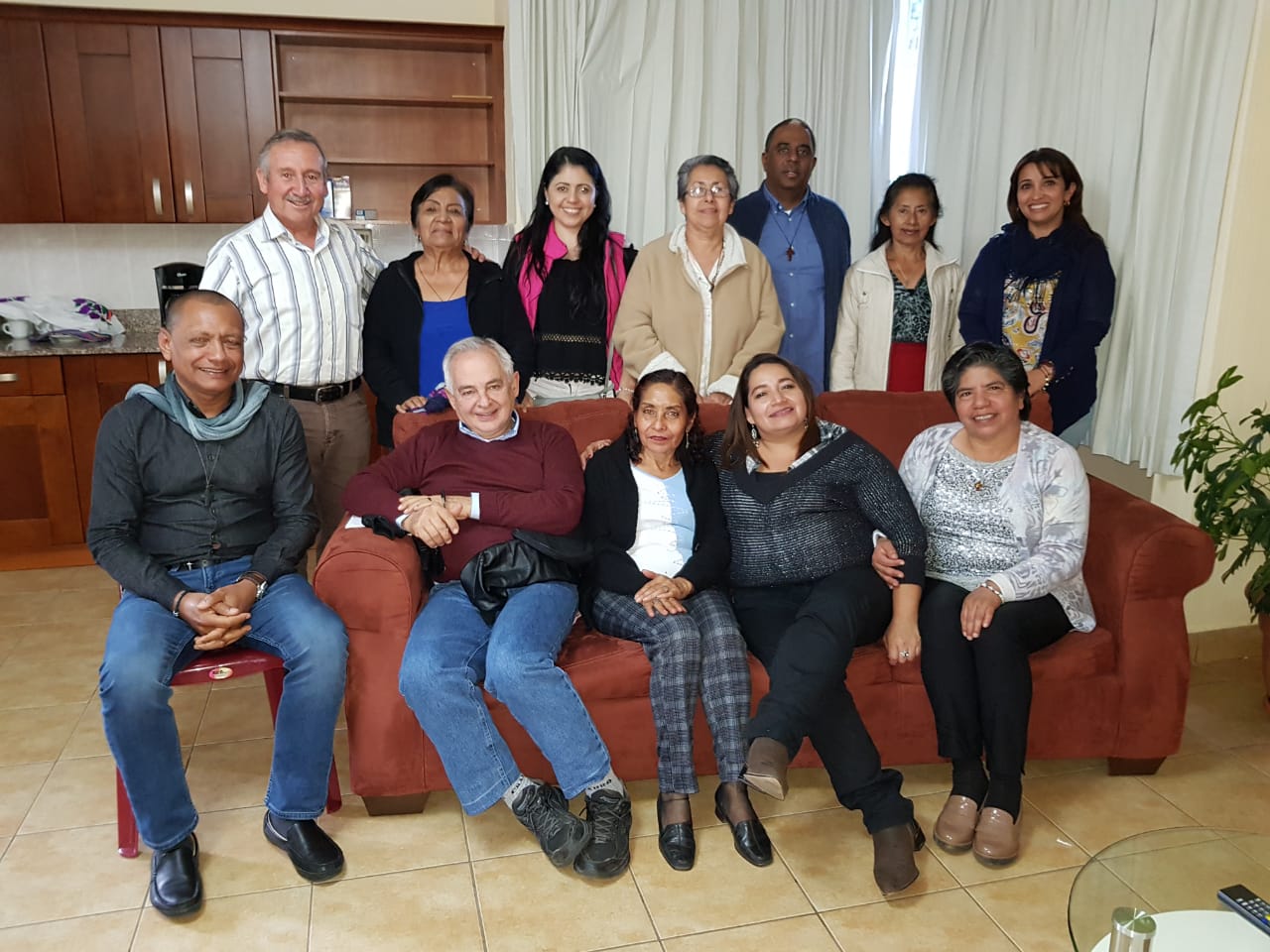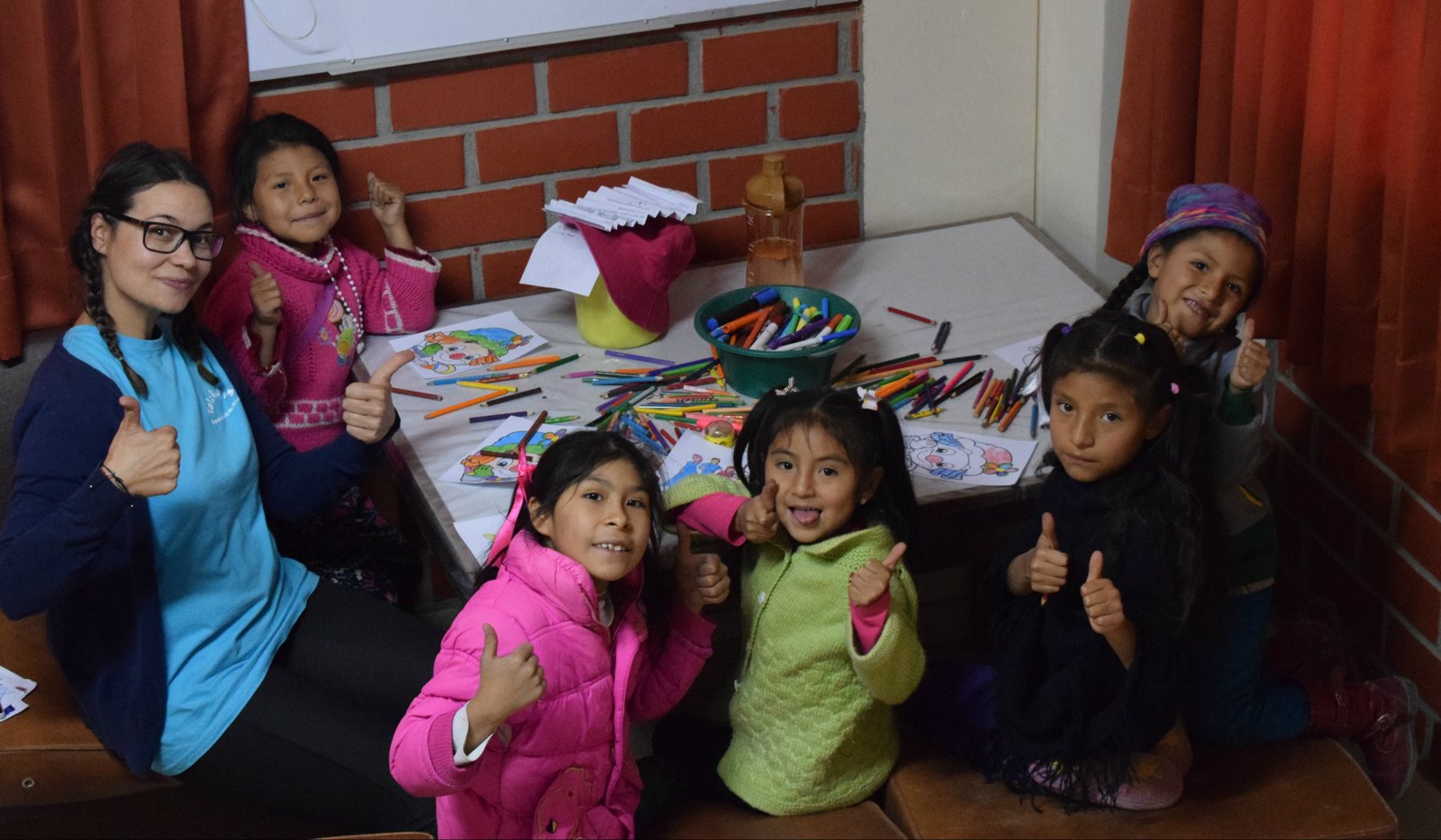Perhaps the perception we have of ourselves down here has lessened due to the greatness of the world to which we feel we are called. Perhaps, a little at the time, we have let go off things to hold on to the world, the people, and love. Already we have nothing. Nothing is ours. There is nothing that cannot be given, shared with all those who walk side by side with us. It is a lot that we are not alone, and that all that we have is shared not only among ourselves, but with the world. We are part of a whole that only has meaning in the daily sharing and the life we have and we know is joined to others.
The scenery reflects the grandiosity of our interior, the grandiosity of the little miracles of which we are only spectators, as being the grain planted in fertile soil, we are channels of meaningful life. It is not just us, but we are more than the sum of the parts. We are from God. We are his instruments, his hands, his feet, and his embrace. We are imperfect and wounded, in a world full of sorrow and suffering where in love we dare to sow the paradise of God’s love.
Each morning we go out to meet the others, out of the comforts we have, of what is ours, we go to meet love. We go, hoping that on every street and at every corner we will always have two arms to help people grow with us. We are nothing, but in our humble state we are what is truly existing within ourselves. We cannot even count the lives that have already crossed ours, nor the number of smiles, tears and hugs we have shared in the simplicity of a home’s front steps. This is how it is, love deprived of superficiality, integral without color or race, simply being. And we are called daily to let it be and grow.
Each day we give our life without plans nor schedule. We offer ourselves. Many are the times when we feel that it is God himself who calls us at the door through many faces, many personal histories and people. We are available to the love aimed at us, which calls us at each moment. We are open to the call of Jesus who calls us daily.
We are soil open to care for others and to the possibility of growing hand in hand in Jesus’ journey. We are the cross carried on the shoulder and arms of others who are lost and cannot walk. It is not easy. We know by our own lives that it is not easy. But this is the only way it has a meaning for us.
Mission is life, our life, their life and the life we accept and give by proclaiming a Gospel living in each one of us. With each step we are witnesses of a Jesus who wants to live in the simplicity of our hearts. It is in recognizing ourselves as family that, in each day, in each visit we offer ourselves and grow.
The soil is barren and the mountains around us are often the way home for many. Protected by the imposing presence of the Misti and the Chachani, holding to our walking sticks, we cross the limits of what we can see and off we go looking for the face of God among those farthest away. We climb and descend mountains, following contorted paths. We go beyond the physical limitations of our bodies that often demand rest. We have gone beyond our limits, in the certainty that He is our strength and our life. With the certainty that ours is the mission of carrying him and of announcing him where He already is, where His seed is already there, where God already exists, where the only thing missing is that he be remembered, named and proclaimed. We go beyond our peripheries to the peripheries of the world to be the symbol of life, of love, of Him.
We do not have much. We live simply and humbly among the people of God. In the simplicity and poverty of the life we lead is the treasure in vessels of clay of our hearts: the love of God.
It is good, very good, to allow ourselves to be moved by all who have become part of our history. It is good to be a shoulder of support, to be a place of refuge, to be Neuza and Paula just as we are, and share in simplicity this gift of our life. And to help others to discover the gift of their own. We belong to what is brought to us, to those who go off, and to those who come and to all those we leave along the way. Step by step we discover mission, we are mission. We belong to a mission which is not ours, but belongs to the One who daily sends us to love more.
We are part of the Comboni’s thousand lives for the mission. Together, we rediscover new Africas, new peripheries. Ours is not a little bit, the flatlands of comfort. We go. Together we go beyond the mountains, beyond even ourselves. Together we go to meet new peripheries, where we have not yet been and have not yet reached. If you only knew, if we knew how many Africas are left to discover, how many peripheries are there thirsting for God, for his love and for the miracle of love, which is the Eucharist. This is why we are here. For this we go to this meeting of love turning our lives into mission.
In our daily prayer we discover the path to be followed, the beauty of an unending mission, without borders, without limits. He is the limit. Actually, he does not have any. We move forward in the certitude that we are not alone because we find his arms at every dawn and at the end of day. We walk knowing that we always arrive where he is waiting for us. No matter how long the day will be and the life histories we meet and involve us, often including the tears we share. Yes, Lord, here we are, takes us where you want us to be. And even if life takes us far from here, we are Peru in the same love that brought us here and binds us as sisters and brothers to the end.
From Peru with love,
Neuza Francisco and Paula Ascenção, CLM




